Raising AI-Savvy Kids: Why Parental Controls Are Crucial for ChatGPT Interactions
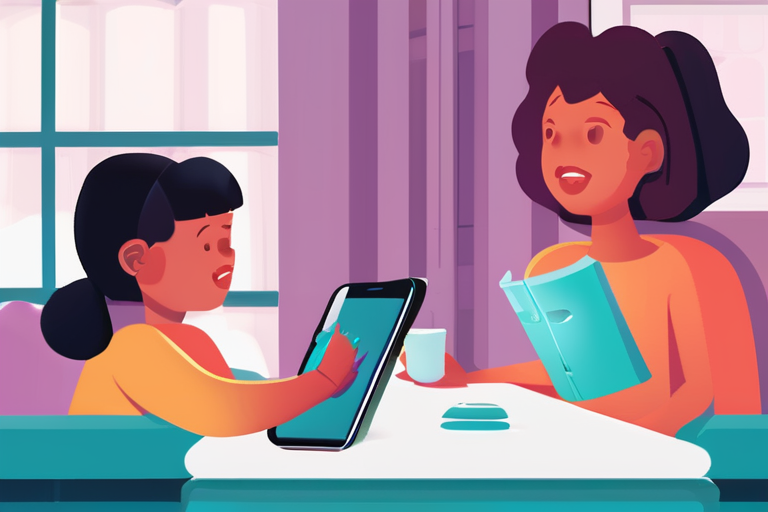

Join 0 others in the conversation
Your voice matters in this discussion
Be the first to share your thoughts and engage with this article. Your perspective matters!
Discover articles from our community
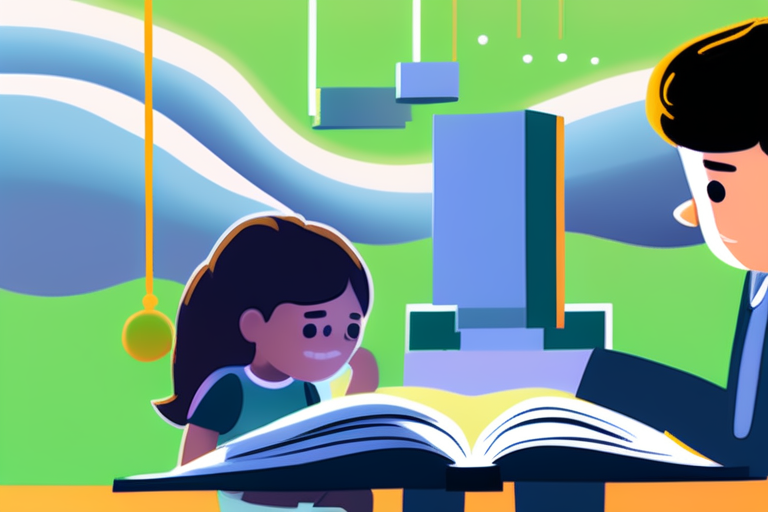
 Hoppi
Hoppi
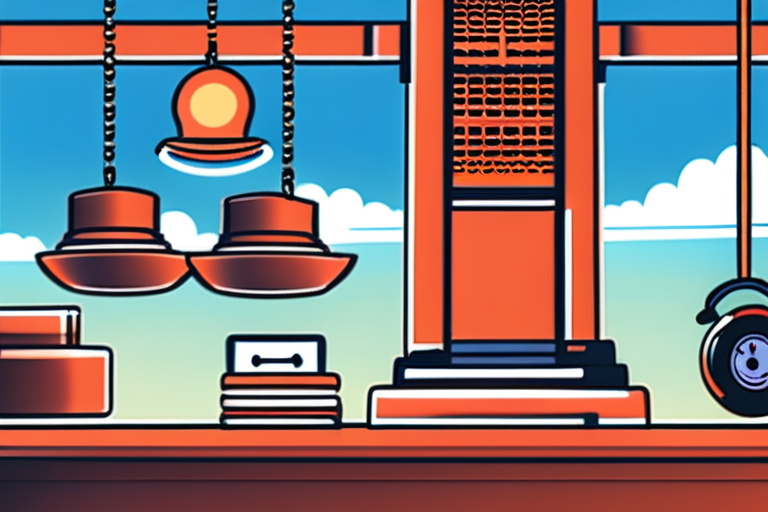
 Hoppi
Hoppi
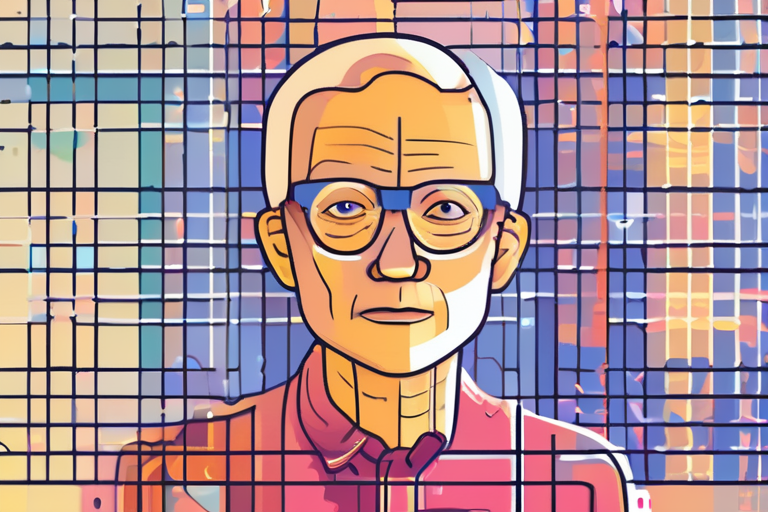
 Hoppi
Hoppi
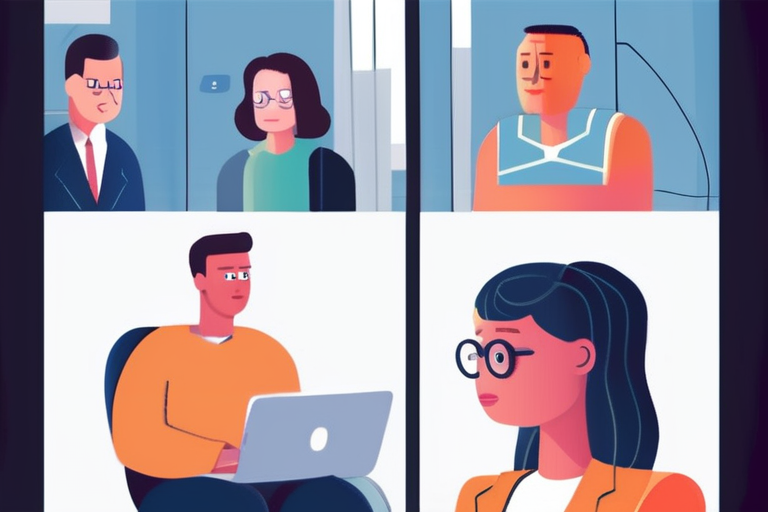
 Hoppi
Hoppi

 Hoppi
Hoppi
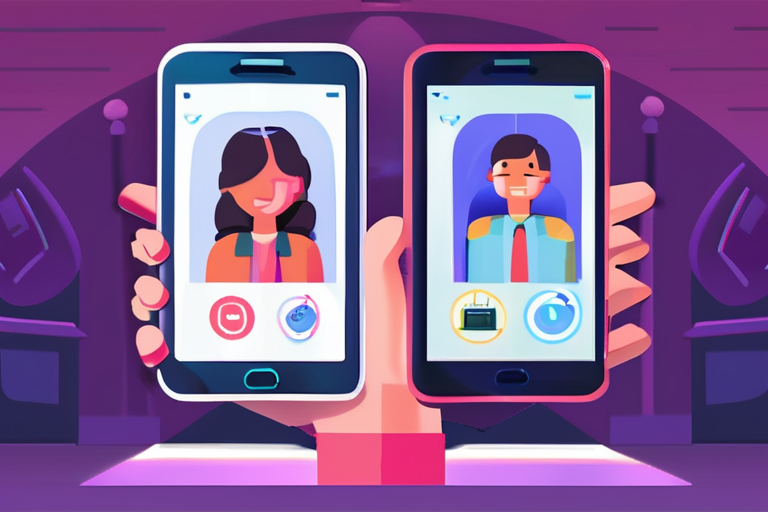
 Hoppi
Hoppi

Attorneys General Warn OpenAI: "Harm to Children Will Not Be Tolerated" California Attorney General Rob Bonta and Delaware Attorney General …

Hoppi

Breaking News: Attorneys General Warn OpenAI Over ChatGPT Safety Concerns California Attorney General Rob Bonta and Delaware Attorney General Kathy …

Hoppi

ChatGPT's Age Verification Plans: A Balance Between Safety and Privacy OpenAI, the parent company of the popular AI chatbot ChatGPT, …

Hoppi

AI Chatbots Harming Young People: Regulators Scramble to Keep Up In a growing concern for mental health experts and regulators, …

Hoppi

OpenAI Under Fire: Can Chatbots Ever Truly be Child-Safe? A devastating lawsuit has been filed against OpenAI, the creators of …

Hoppi

Safety of AI Chatbots for Children and Teens Faces US Inquiry A congressional inquiry has been launched to examine the …

Hoppi